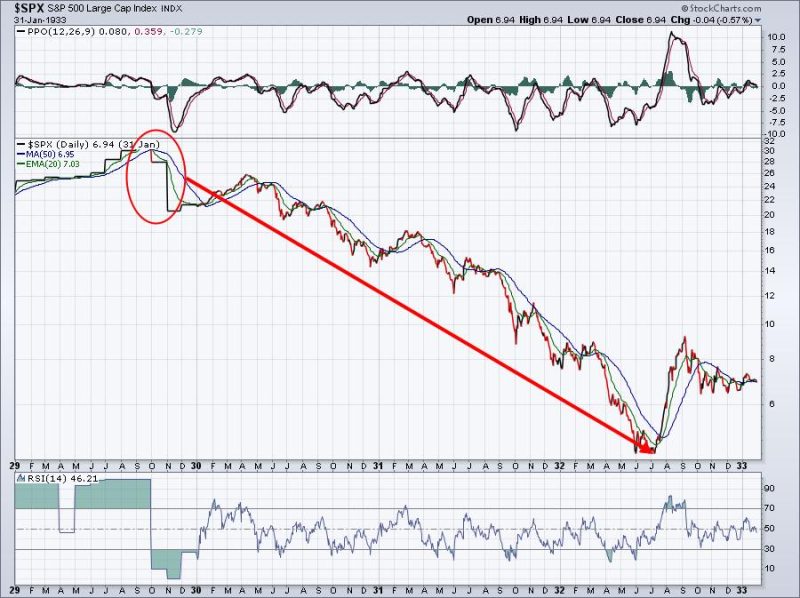In the world of finance, the month of October has earned a reputation for historic market crashes and volatility. From the Black Monday crash of 1987 to the financial crisis of 2008, investors often approach this month with caution and apprehension. This year is no exception, as concerns about a potential U.S. stock market crash in October have been circulating among investors and analysts.
The looming specter of a stock market crash can be attributed to a variety of factors. One key concern is the current state of the global economy, particularly in light of the ongoing COVID-19 pandemic. The pandemic has disrupted businesses, supply chains, and consumer behavior, leading to uncertainty and instability in financial markets worldwide. Additionally, rising inflation rates and the ongoing U.S.-China trade tensions have added further fuel to the fire, creating a perfect storm of economic risks that could potentially trigger a market downturn.
Another factor that has contributed to fears of a stock market crash is the Federal Reserve’s monetary policy. The Fed’s recent decision to start tapering its bond-buying program and raise interest rates has raised concerns about the impact on equities and the broader economy. Historically, rising interest rates have been associated with market corrections and downturns, as higher borrowing costs can dampen consumer spending and business investment.
In addition to these macroeconomic factors, there are also specific indicators and warning signs that could signal an impending crash. For instance, the inverted yield curve, where short-term interest rates exceed long-term rates, has historically preceded economic recessions and stock market declines. Analysts are closely monitoring this indicator as a potential harbinger of trouble ahead.
Moreover, the lofty valuations of U.S. stocks have raised concerns about a possible bubble in the market. Stock prices have surged to record highs in recent years, fueled by low interest rates and massive fiscal stimulus. However, some argue that these valuations are divorced from economic fundamentals and may not be sustainable in the long run. A sudden correction in stock prices could be triggered if investors reassess their risk appetite and start selling off overvalued assets.
Despite these ominous signs and indicators, it is important to note that predicting the timing and magnitude of a stock market crash is inherently difficult. Markets are influenced by a complex interplay of factors, including investor sentiment, geopolitical events, and unexpected shocks. While October has a notorious history of market crashes, it is not inevitable that history will repeat itself this year.
Investors should remain vigilant and prepared for potential market turbulence, but also keep in mind the long-term perspective. Diversification, risk management, and disciplined investing strategies are essential tools for weathering market storms and achieving financial goals. By staying informed, staying calm, and staying focused on the fundamentals, investors can navigate the uncertainties of the market with confidence and resilience.
